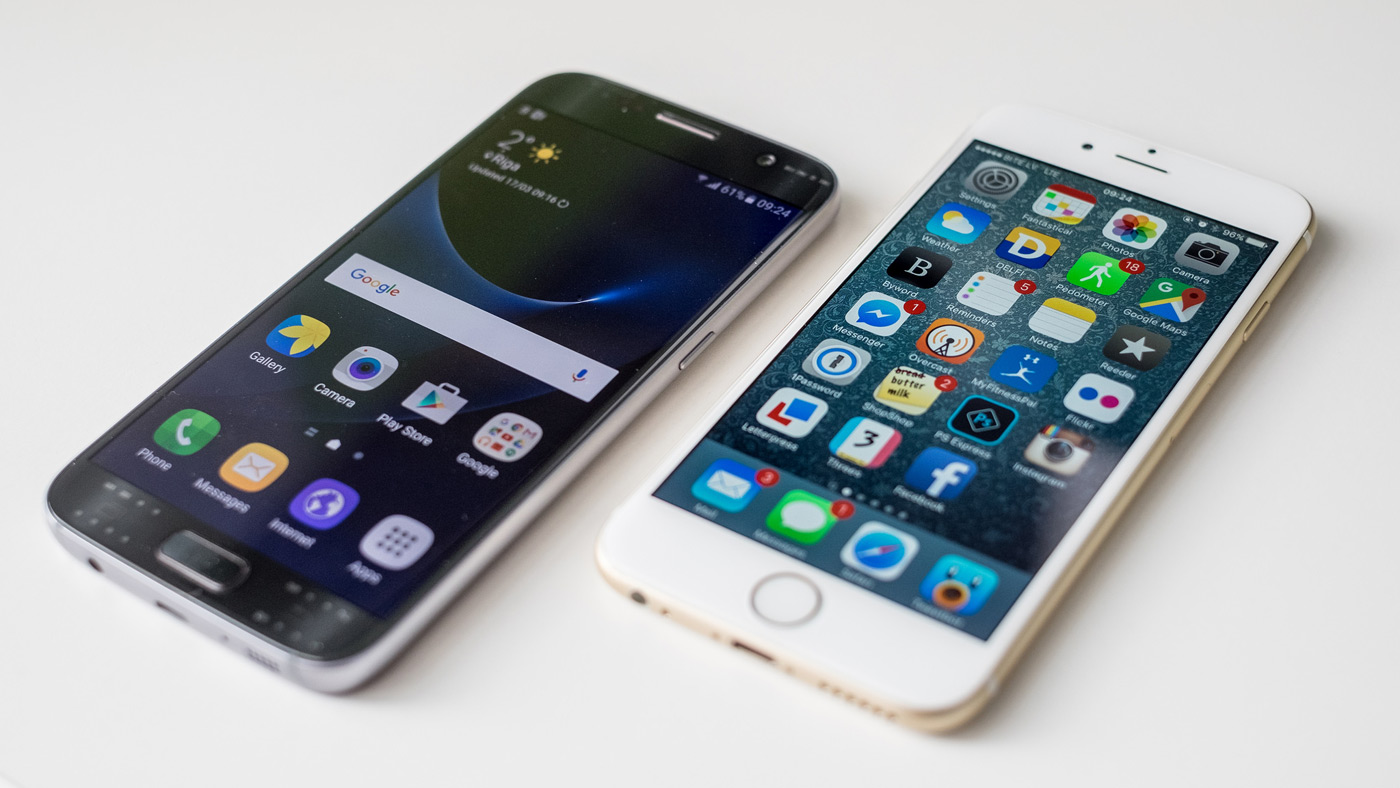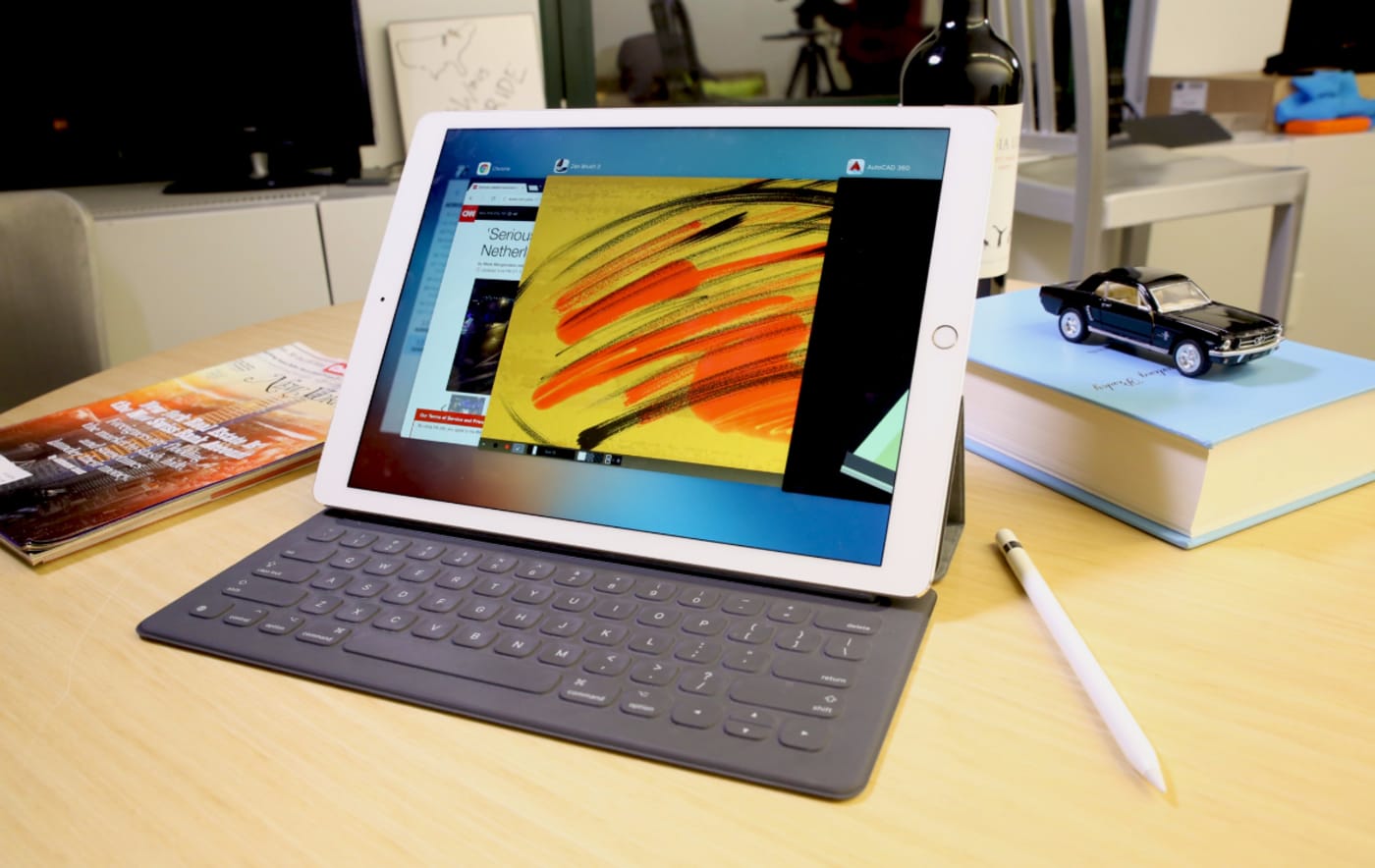
Kantar's numbers have always been relatively kind to Windows Phone. Well, at least as kind as any numbers can be, we suppose. That trend continues with the recent report that Microsoft's smartphone platform has crossed the double digit mark in market share in parts of Europe. Specifically, it has hit 10.8 percent in France and 12 percent in Great Britain. Things are not quite as rosy across the rest of the continent, but Windows Phone does own a cumulative 9.2 percent of the field in the "big five European markets": Great Britain, Germany, France, Italy and Spain. Of course, that's still a distant third to iOS and Android, the latter of which owns a staggering 70.1 percent of the market, according to Kantar. BlackBerry, on the other hand, is continuing its stunning free fall, dropping to just 2.4 percent in those same five markets, just ahead of the nebulous "other."
There haven't been too many other exciting changes in the smartphone and carrier landscape over the last three months. But, if you want to take a gander at some more numbers, you'll find them at the source link.
Filed under: Cellphones, Wireless, Mobile, Microsoft
Comments
Source: Kantar (docx)
 It's not just Apple taking a tumble in the smartphone market, apparently. IDC has published estimates for first quarter market share which not only suggest that shipments are virtually flat (up a mere 0.2 percent), but that the mobile landscape is ch...
It's not just Apple taking a tumble in the smartphone market, apparently. IDC has published estimates for first quarter market share which not only suggest that shipments are virtually flat (up a mere 0.2 percent), but that the mobile landscape is ch...
 It's not just Apple taking a tumble in the smartphone market, apparently. IDC has published estimates for first quarter market share which not only suggest that shipments are virtually flat (up a mere 0.2 percent), but that the mobile landscape is ch...
It's not just Apple taking a tumble in the smartphone market, apparently. IDC has published estimates for first quarter market share which not only suggest that shipments are virtually flat (up a mere 0.2 percent), but that the mobile landscape is ch...
 The tablet market might be tanking as a whole, but there's apparently one major bright spot: tablets with detachable keyboards. While IDC estimates that slate shipments were down almost 14 percent year-over-year in the fourth quarter, shipments of de...
The tablet market might be tanking as a whole, but there's apparently one major bright spot: tablets with detachable keyboards. While IDC estimates that slate shipments were down almost 14 percent year-over-year in the fourth quarter, shipments of de...
 Windows 10 might be pretty popular, but it wasn't popular enough to rescue the PC business. IDC estimates that computer shipments actually fell 10.6 percent in the fourth quarter of 2015, making it the steepest year-over-year drop in history. In fact...
Windows 10 might be pretty popular, but it wasn't popular enough to rescue the PC business. IDC estimates that computer shipments actually fell 10.6 percent in the fourth quarter of 2015, making it the steepest year-over-year drop in history. In fact...
 While there was no change in the top two spots for the Q3 2015 IDC wearable numbers, Xiaomi made a staggering jump. In terms of market share, Fitbit is still in the top spot with a 22 percent market share and 4.7 million units shipped in the quarter....
While there was no change in the top two spots for the Q3 2015 IDC wearable numbers, Xiaomi made a staggering jump. In terms of market share, Fitbit is still in the top spot with a 22 percent market share and 4.7 million units shipped in the quarter....
 Windows 10 may have breathed new life into your PC, but it didn't do anything to juice PC sales this summer. Both Gartner and IDC estimate that computer sales dropped several points year-over-year (between 7.7 and 10.8 percent) in the third quarter...
Windows 10 may have breathed new life into your PC, but it didn't do anything to juice PC sales this summer. Both Gartner and IDC estimate that computer sales dropped several points year-over-year (between 7.7 and 10.8 percent) in the third quarter...




